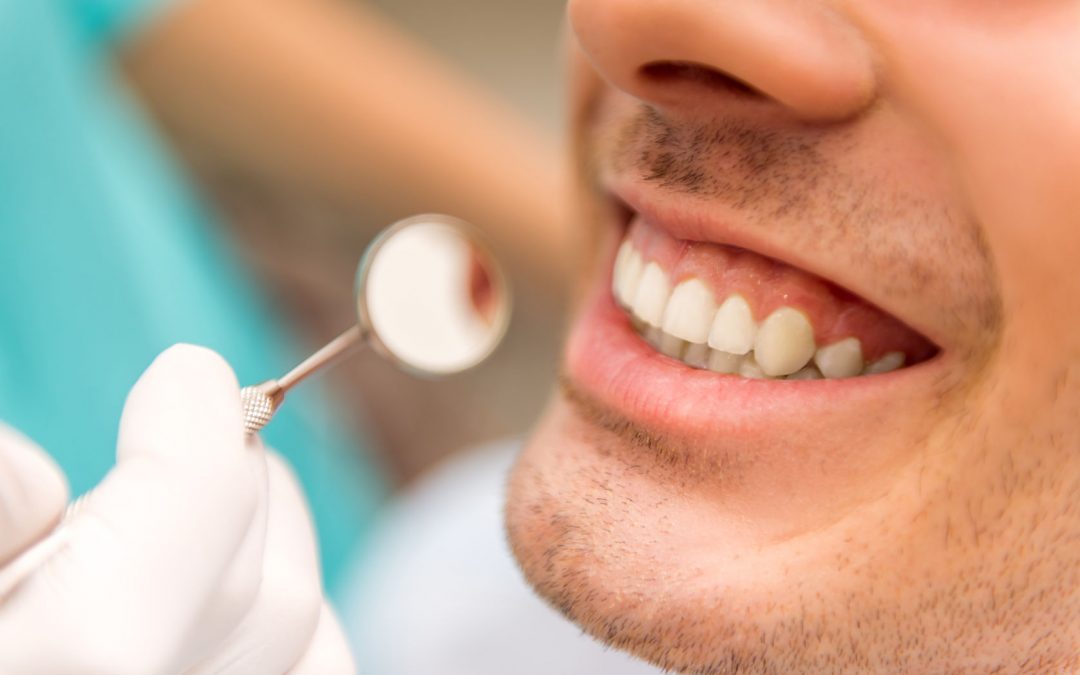Cleanings at the dentist every six months are important for keeping teeth healthy and free of disease. If you have dental implants instead of some of your teeth, you might think your dental hygienist doesn’t need to pay as much attention to them.
On the contrary, it’s important to clean around implants, and you need to pay even more attention to it. This is because of the way dental implants connect to the jaw and the materials they are made of.
The periodontal ligament holds natural teeth in place. It has tiny fibers that connect to the teeth on one side and the jawbone on the other. Through the rich network of blood vessels and collagen, the ligaments and gingival (gum) fibers, which are also attached to the tooth, help make the teeth less likely to get sick. On the other hand, dental implants are fixed right into the jawbone. The titanium becomes a part of the bone, which naturally grows around it. This gives the implant the strength it needs to stay in place. The implant doesn’t connect to the gum tissue and won’t have the same relationship with the periodontal ligament as natural teeth.
Bacterial plaque, which is the main cause of tooth decay and gum disease, can build up just as easily on an implant crown as it can on a natural tooth. Plaque-caused infections can’t hurt the materials that make up an implant, but they can hurt the gums and bone that support it. In fact, because implants don’t have the gingival fibers and ligament attachments that protect against disease, an infection can quickly turn into peri-implantitis, which can cause bone and tissue loss and cause the implant to fall out.
Your hygienist knows how important it is to get rid of plaque and calculus (plaque that has hardened) around your dental implant. This is usually done with different plastic or resin tools that won’t scratch the highly polished surface of the implant. Scratches give bacteria a place to gather and make it harder to get rid of them. Also, if the hygienist uses ultrasonic equipment, which vibrates to loosen plaque, the hygienist will usually use nylon or plastic tips to protect the implant.
And don’t forget that your own personal hygiene habits are just as important with dental implants as they are with natural teeth. Plaque needs to be controlled at home and by your dentist for your dental implants to last as long as possible.

